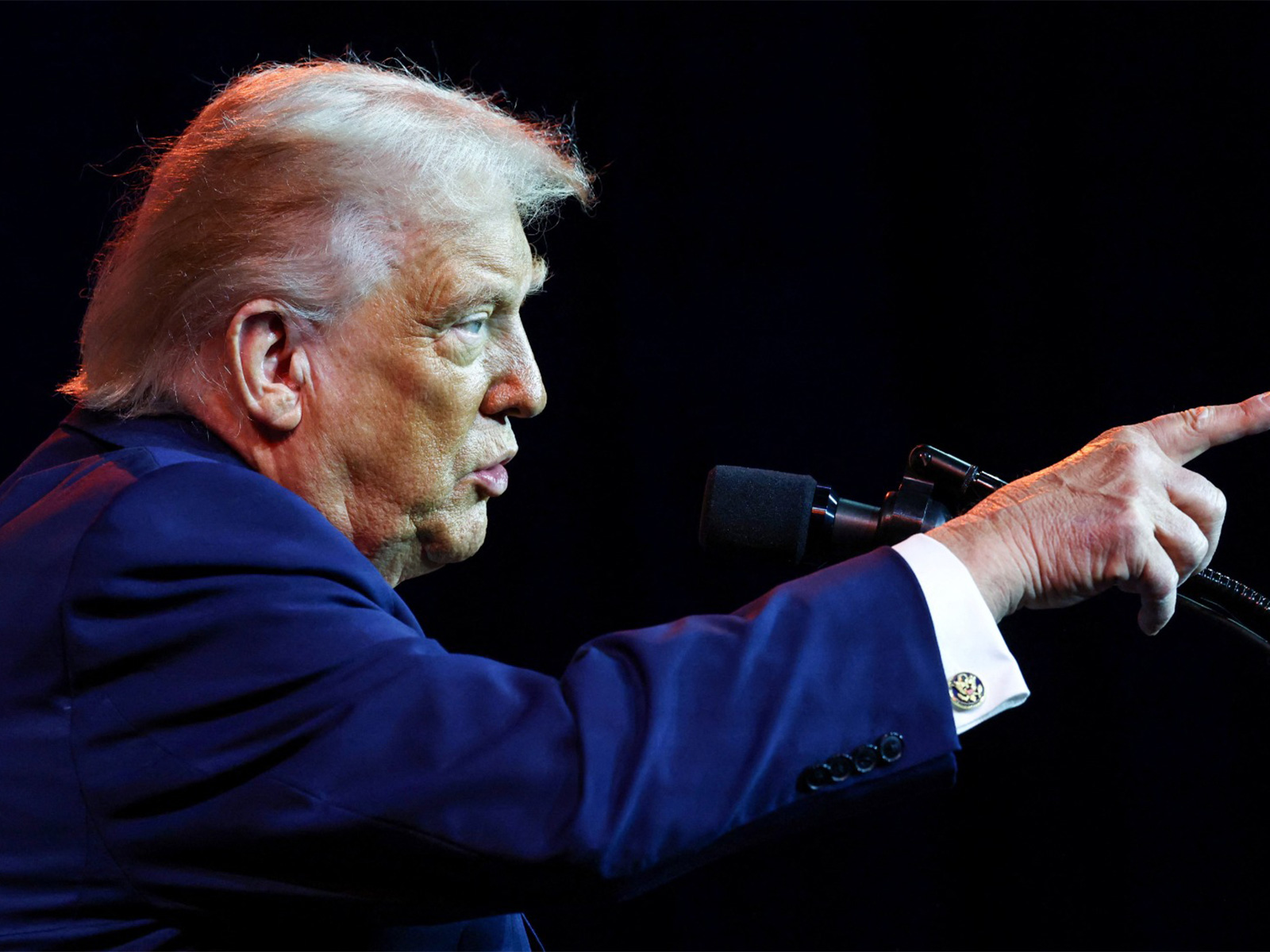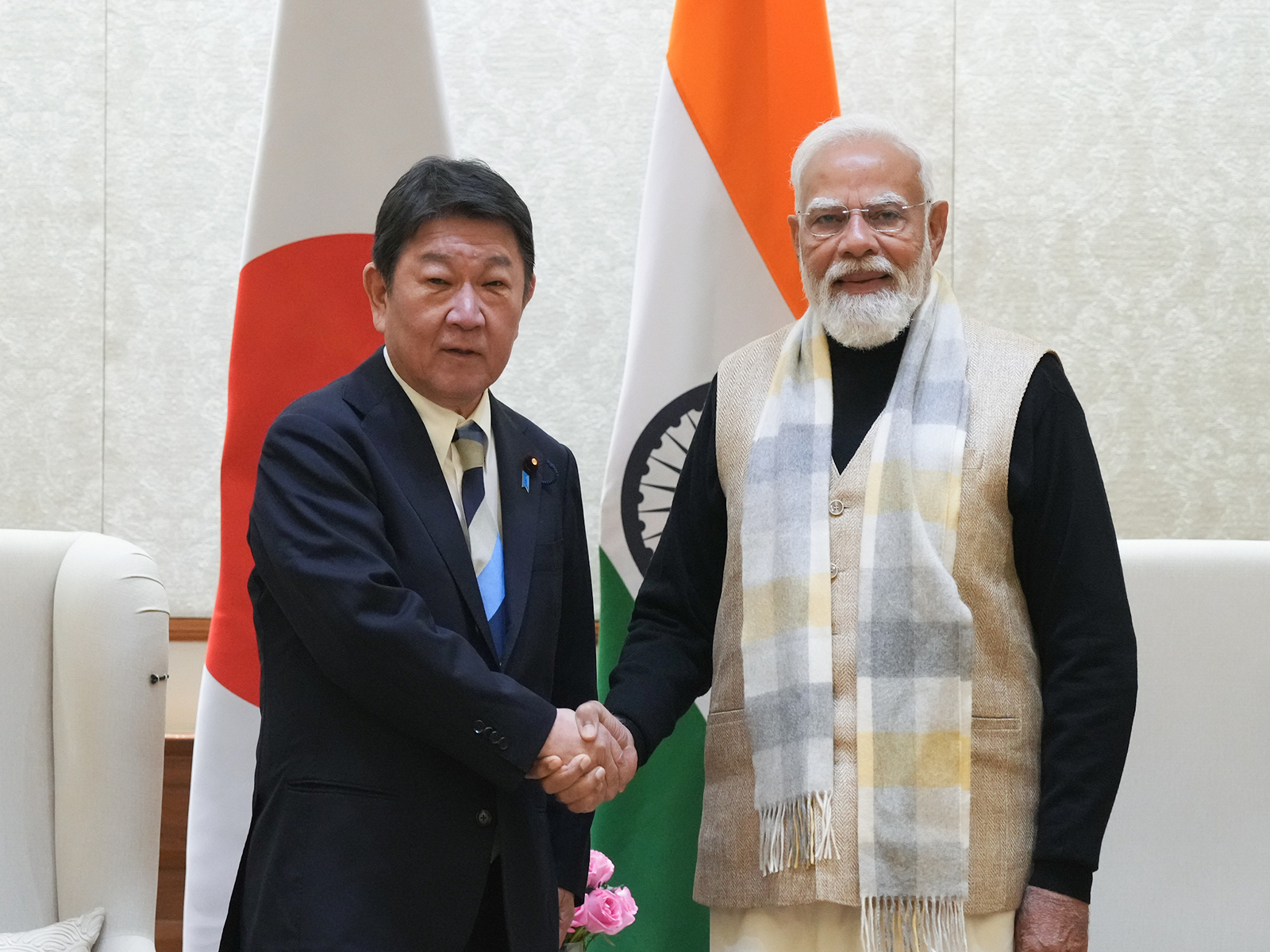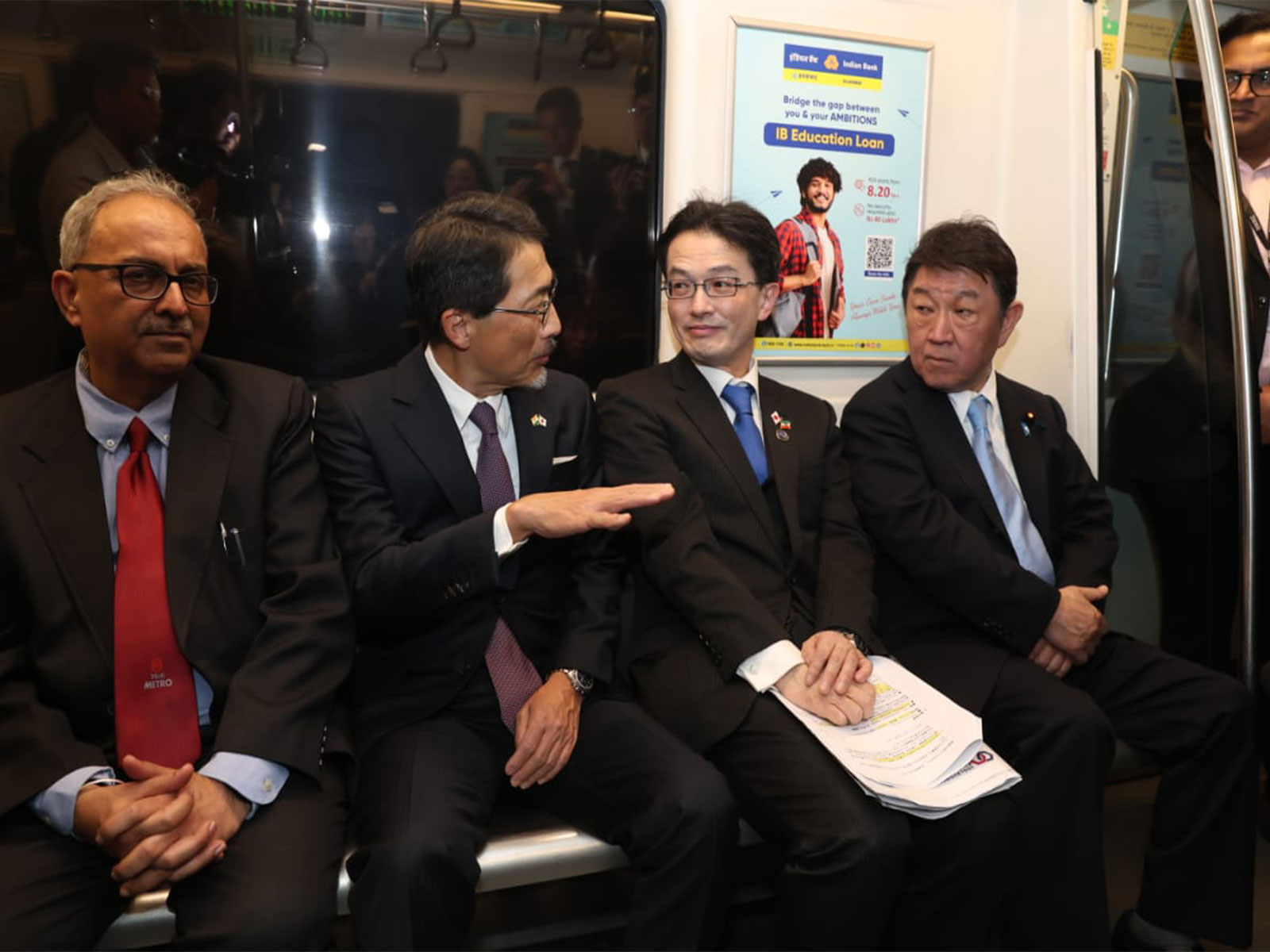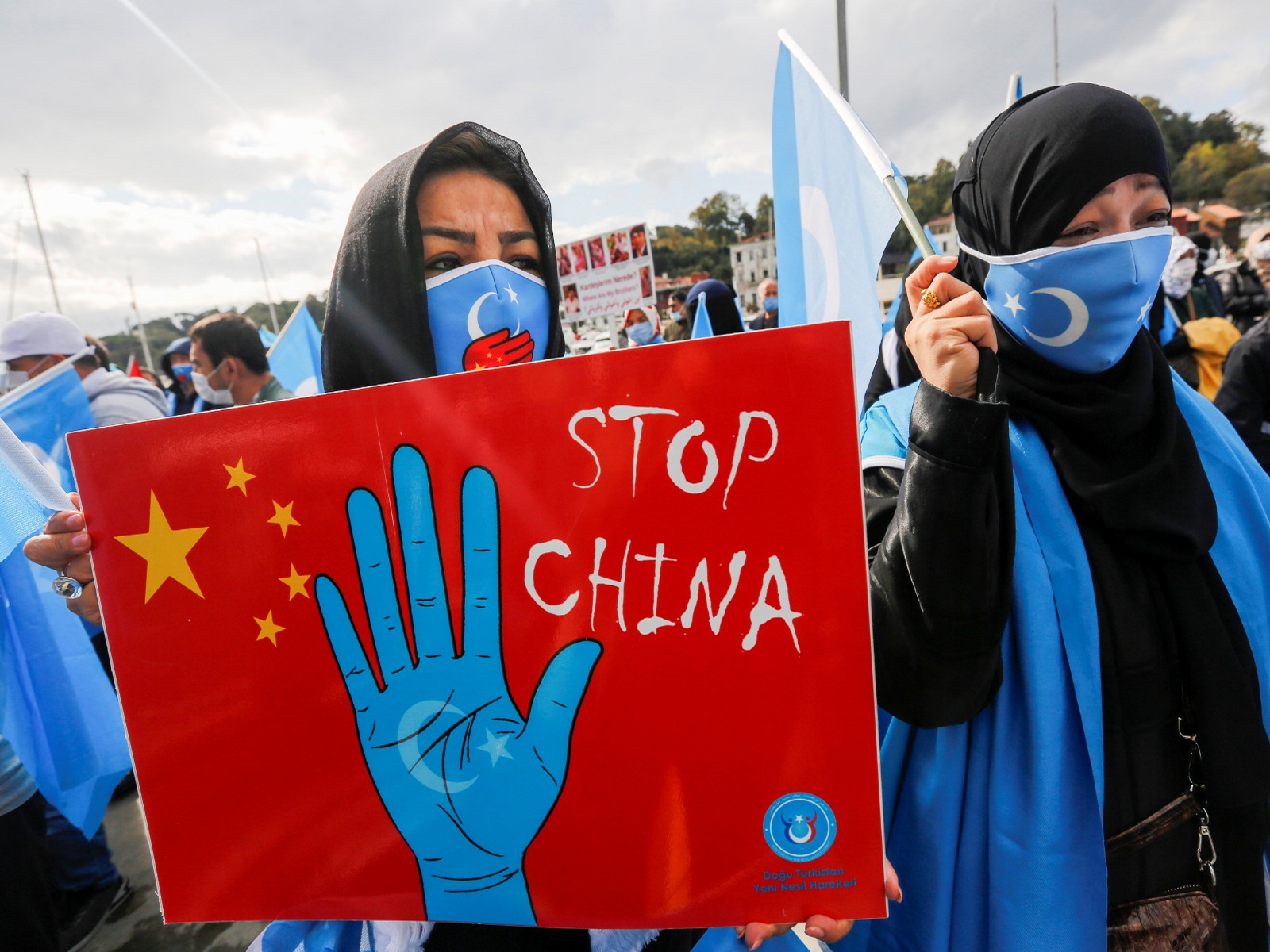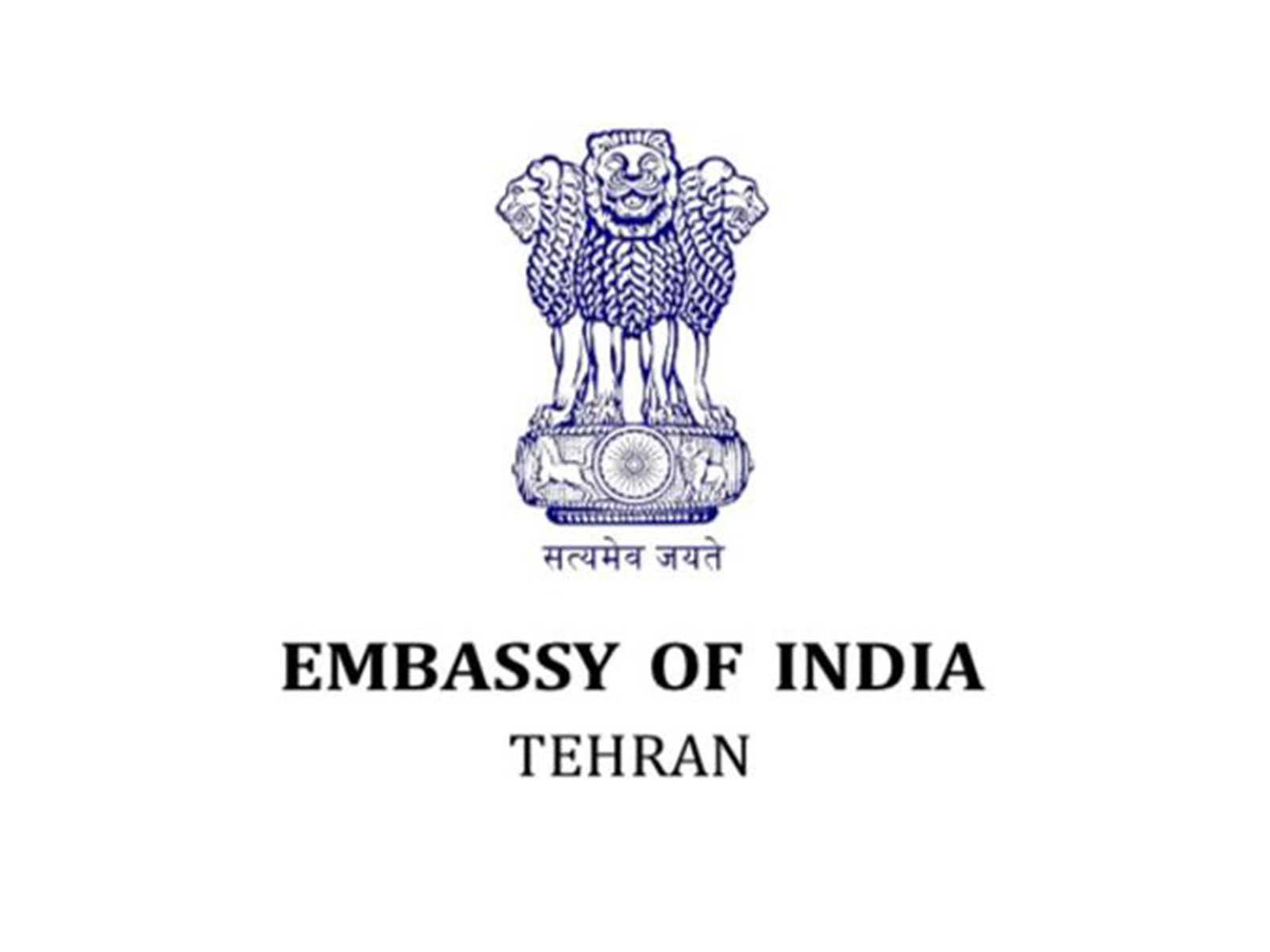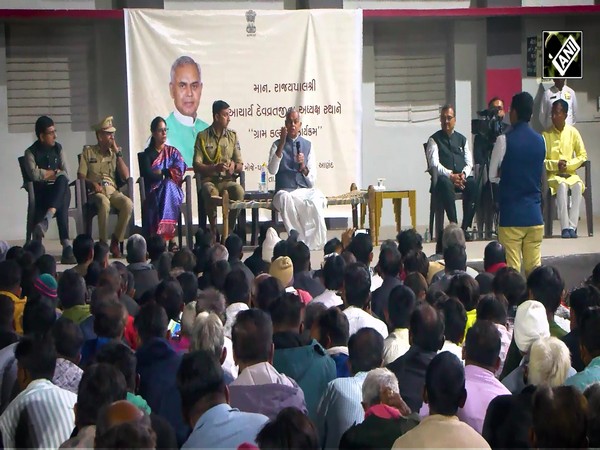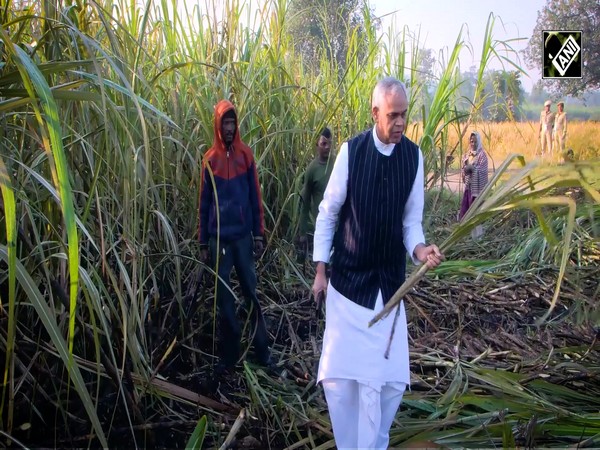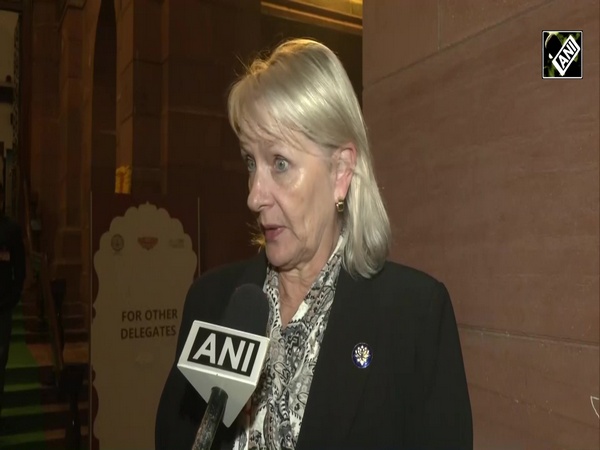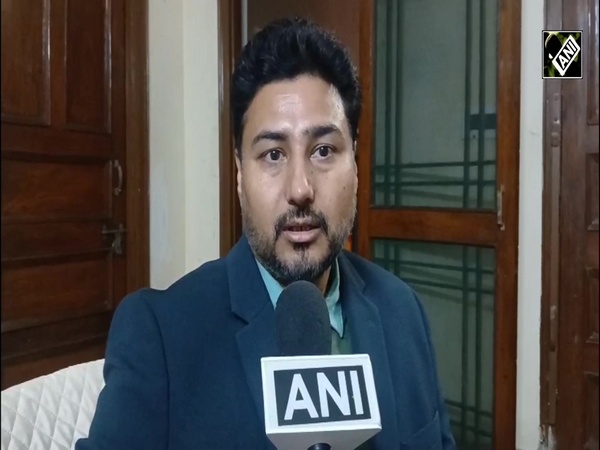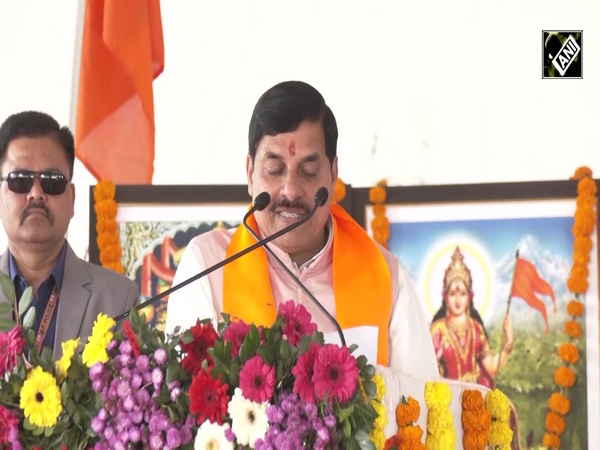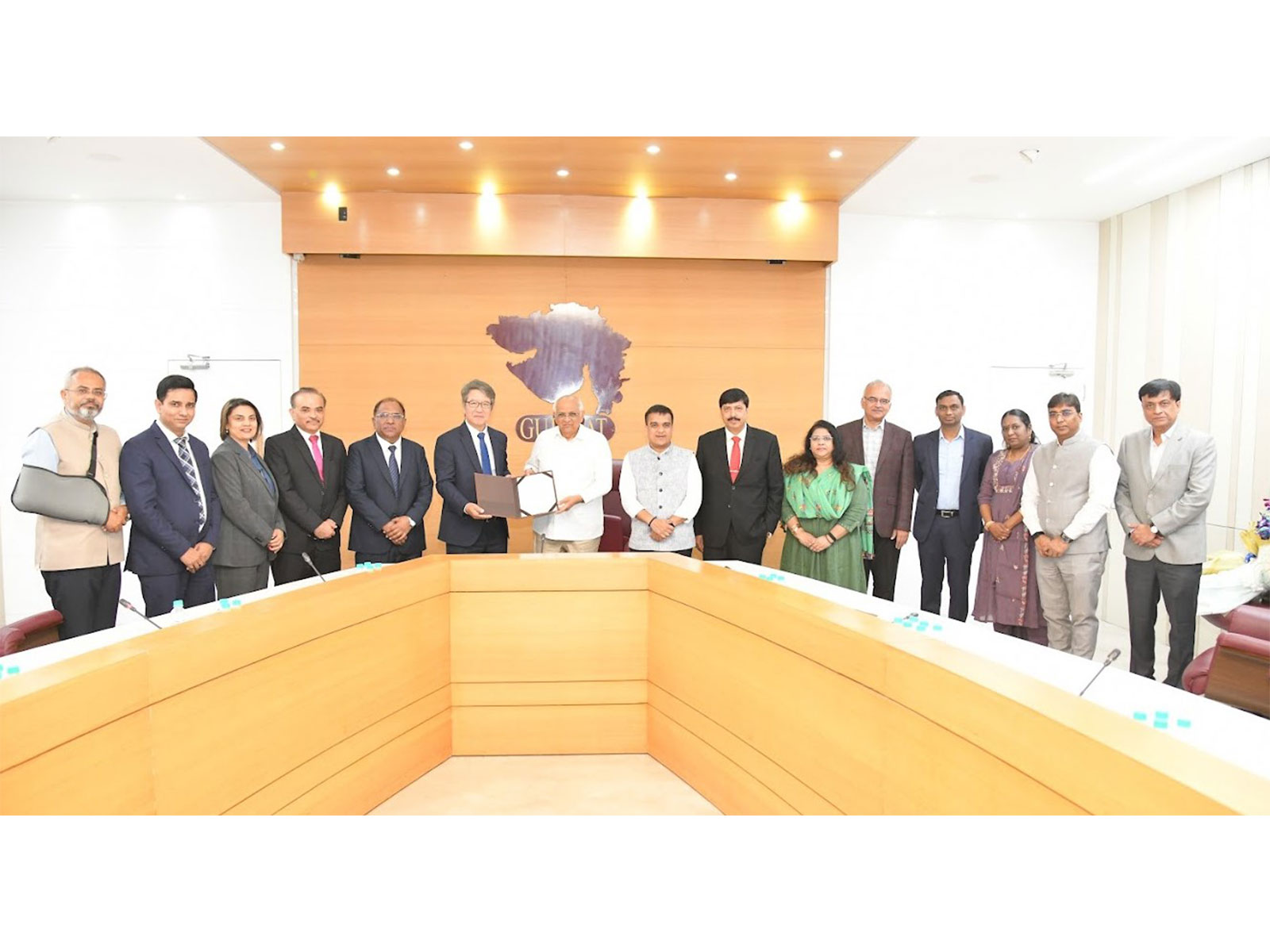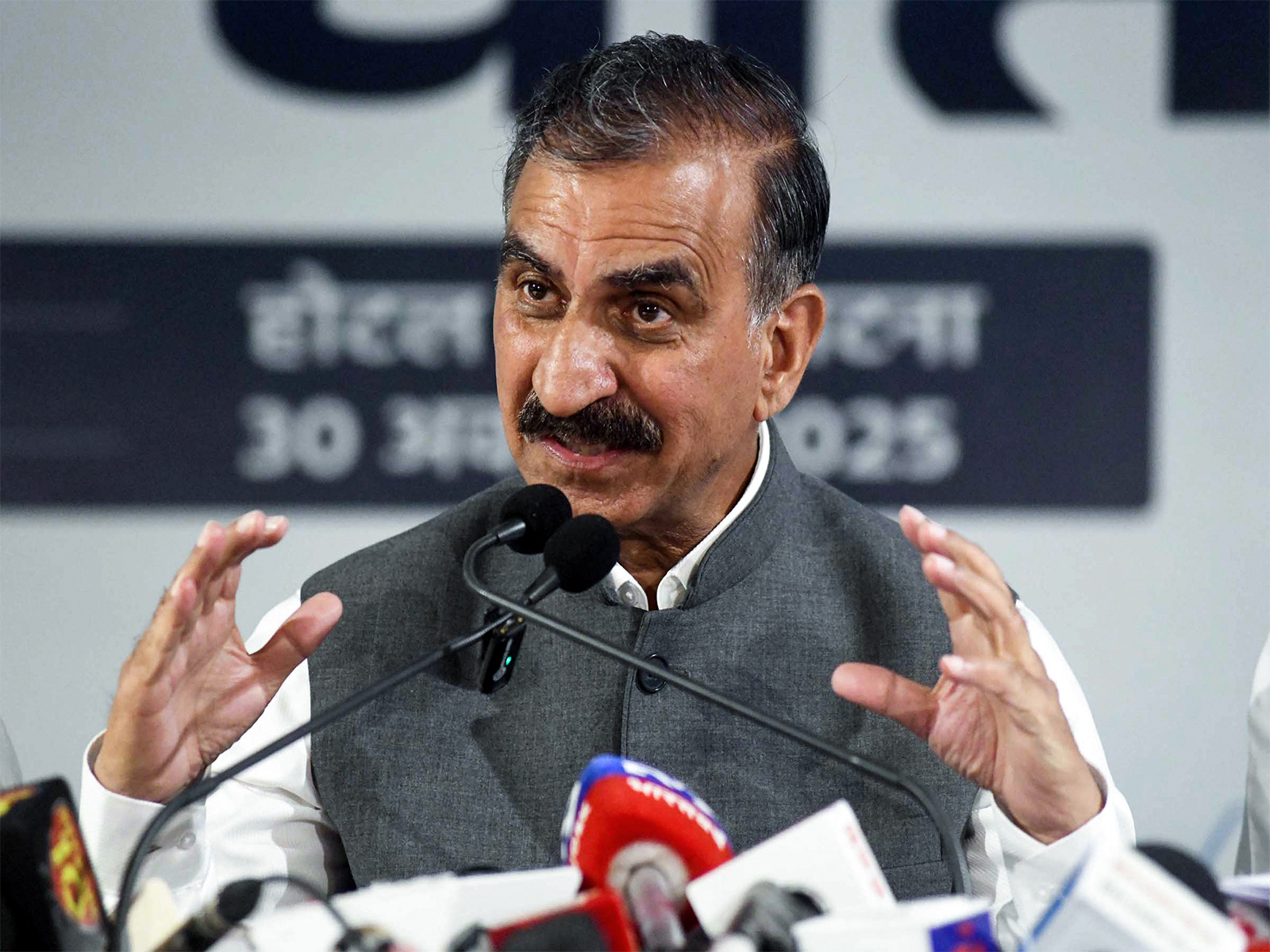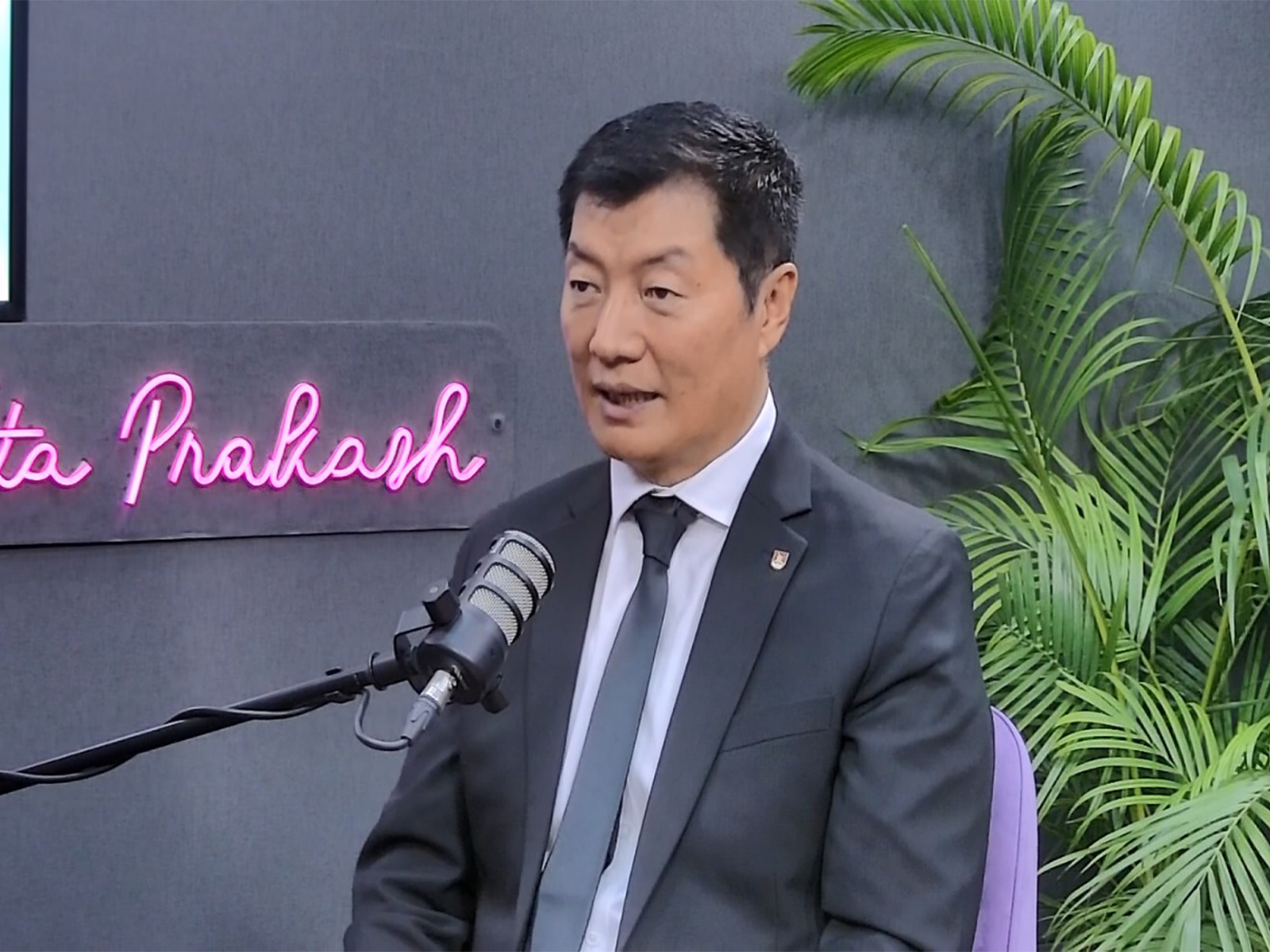
"Tibet is the palm; the 5 fingers are Ladakh, Nepal, Bhutan, Sikkim, & AP ": Tibet's former PM on China's expansionism
Sep 13, 2025
New Delhi [India], September 13 : Lobsang Sangay, former Tibetan Prime Minister in exile, said that China's expansionist policy saw Tibet as a palm and its surrounding nations as the five fingers.
Sangay, while speaking to ANI, said that China's President eyed Tibet for its extensive minerals and mines.
"Even the late Panchen Lama said, China has benefited more from Tibet than Tibetans have. Tibet is the palm. You control it firmly, and you go after five fingers. That's Ladakh, Nepal, Bhutan, Sikkim, and Arunachal Pradesh. So this is the expansionist policy. Now, Xi Jinping has come once, and he has come a second time to emphasise the implementation of this five-finger strategy," he said.
He appreciated the efforts of the Indian army in warding off the Chinese incursions around its border areas.
"And clearly, they're in Doklam, you know. They're in Galwan, Ladakh, in Sikkim, and Bhutan. And in Arunachal, every week, they try to get the upper hand," he said.
Sangay said that China has benefited from Tibetans, as Chinese migrants are prioritised over the locals in the issuance of licences, and the infrastructure also thus benefits China more than Tibet.
"Now, let me say, yes, first, compared to the1950s, Tibet has developed more roads, more railways, more airplanes, more buildings. It's a fact. Infrastructure is good. But who are the primary beneficiaries? It's the Chinese migrants? Their movements, their migration, are subsidised. Let's say the business license, even the rickshaw puller's license, even the small stalls license is primarily given to Chinese first. So that's how they benefit," he said.
Sangay further added, "In urban areas, mainly during summer, Chinese migrants come and they control the business. Winter is so cold that even Tibetans have to go somewhere else. So that way, the Chinese are more powerful."
He highlighted the importance attached to Tibet, saying that the area is essential for China for its uranium, gold and copper reserves.
"Economically, the Chinese are in control. Now with all this mining that's taking place, uranium -- you just name it - 75 per cent of lithium reserve of China is in Tibet. Gold, the second largest copper mining in China is in Tibet. And then this is like maybe trillion dollars worth of minerals, 136 different kinds of minerals are in Tibet and the Chinese government is exploiting all," he said.
Sangay further said that the only demand Tibet has is to engage in a middle path with China.
"The official demand or aspiration remains a middle way approach to engaging in dialogue with the Chinese government, seeking genuine autonomy for the Tibetan people, which is the essence of the middle way approach," he said.
He then noted with despair that dialogue with China was difficult.
"But the experience of the last 30 years clearly indicates that dialogue with the Chinese government is very difficult. They are not in the mood to have a dialogue with anybody. They are in a mood to take from everybody. So, having dialogue and solving the issue of Tibet, getting genuine autonomy is becoming more and more difficult," he said.
The China-Tibet issue centres on China's assertion of sovereignty over Tibet, which began in 1949 with an invasion and annexation, versus the Tibetan government-in-exile's claims of historical independence and calls for self-determination.




